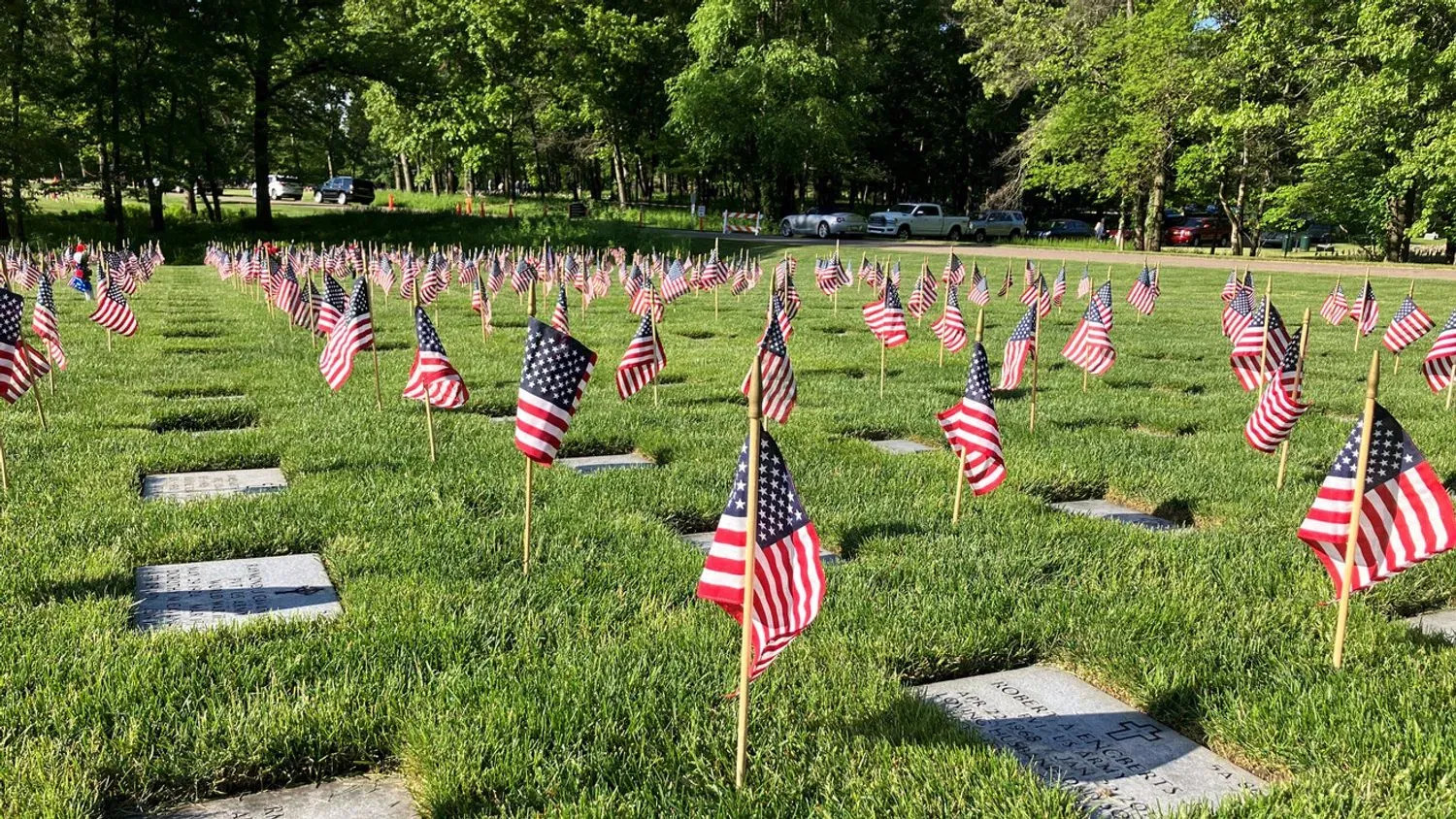Remembering the Fallen Well

This past weekend those of us living in the United States enjoyed the three-day holiday called Memorial Day. For those living in northern part of the country, this holiday marks “the official start of summer.” It is the beginning of the 100 days, concluding with Labor Day, that tourist and vacation communities and their businesses rely on to turn a profit.
Many have made the observation that Memorial Day is not intended to be a long weekend for summer recreation but a day to remember those who have made the ultimate sacrifice to gain and defend the freedoms we all enjoy and too often take for granted. I agree with this observation, while at the same time would reject the implied guilt trip for those who spend the day boating or playing golf.
What does it mean to remember those who have lost their lives in one of our nation’s wars? How can we remember the fallen well?
Sadly, Memorial Day is often treated as a second Veterans Day. A local sign advertised a Memorial Day ceremony with the words, “Honor our veterans.” As a veteran, I find this offensive. Veterans came home. Memorial Day honors those who did not. I enjoy a wonderful life with my wife, children, and grandchildren subsidized by my military pension. Feel free to honor me any way you want on November 11, but this is not my day. Most, if not all veterans feel an obligation to ensure our fallen comrades in arms are remembered, and remembered well. That is why we are willing to march in the parades. But please, don’t take the honor that those who died deserve and give it to those of us who came back.
On Sunday morning the pianist at the church I attend played “The Battle Hymn of the Republic” as the prelude. Aside from the troubling fact that this Civil War era song implies God is on the side of the North, I was troubled by the emotions the song evoked in the congregation. We felt good. Many offered applause. We can revel in American exceptionalism.
I hesitate putting this experience in writing. The pianist meant well. She played the peace masterfully. The service she gives in support of the music ministry of our church is outstanding. Her choice of a prelude seemed appropriate for the weekend, a national holiday where our patriotism can unashamedly be on display. The same song or similar ones with a patriotic theme was probably featured in the majority of preludes in the churches across the country.
But the reason for Memorial Day is not to feel good, but to honor the war dead. It is a sad day, a day where we are invited to face the losses that come from war, and our responsibility for those losses. “Regardless of whether you’re Republican, Democrat, Libertarian, Communist, Liberal, Conservative, Conscientious Objector, or Pacifist,” writes Benjamin Sledge, “we all sent the soldier overseas.”1 This is a tough reality we all want to avoid facing.
So how do we remember the fallen well? Perhaps the best way is to reach out sometime this week to one of their survivors. After the service Sunday morning I went up to one member of the congregation, an older women who lost her brother in the Vietnam conflict, and put my arm around her. I suggested that this was her day. As Christians (which we both are), we believe her brother is with the Lord. She, not her brother, is the one that bears the pain his death. She has made a sacrifice much larger than any I made wearing the uniform. As I spoke with her, it was clear: she still carries that pain 50 years after the loss.
On behalf of the President of the United States, the Commandant of the Marine Corps, and a grateful nation, please accept this flag as a symbol of our appreciation for your loved one's service to Country and Corps.
1 Benjamin Sledge, “The Conversation We Refuse to Have with Our Veterans.” Human Parts: A Home for Personal Stories and Perspectives May 24, 2019 https://humanparts.medium.com/the-conversation-about-war-and-our-veterans-we-refuse-to-have-a95c26972aee.
2 https://www.americanflags.com/blog/post/honoring-our-fallen-the-american-flag-presentation-2
